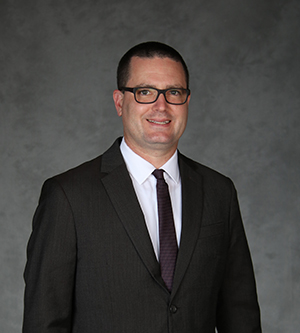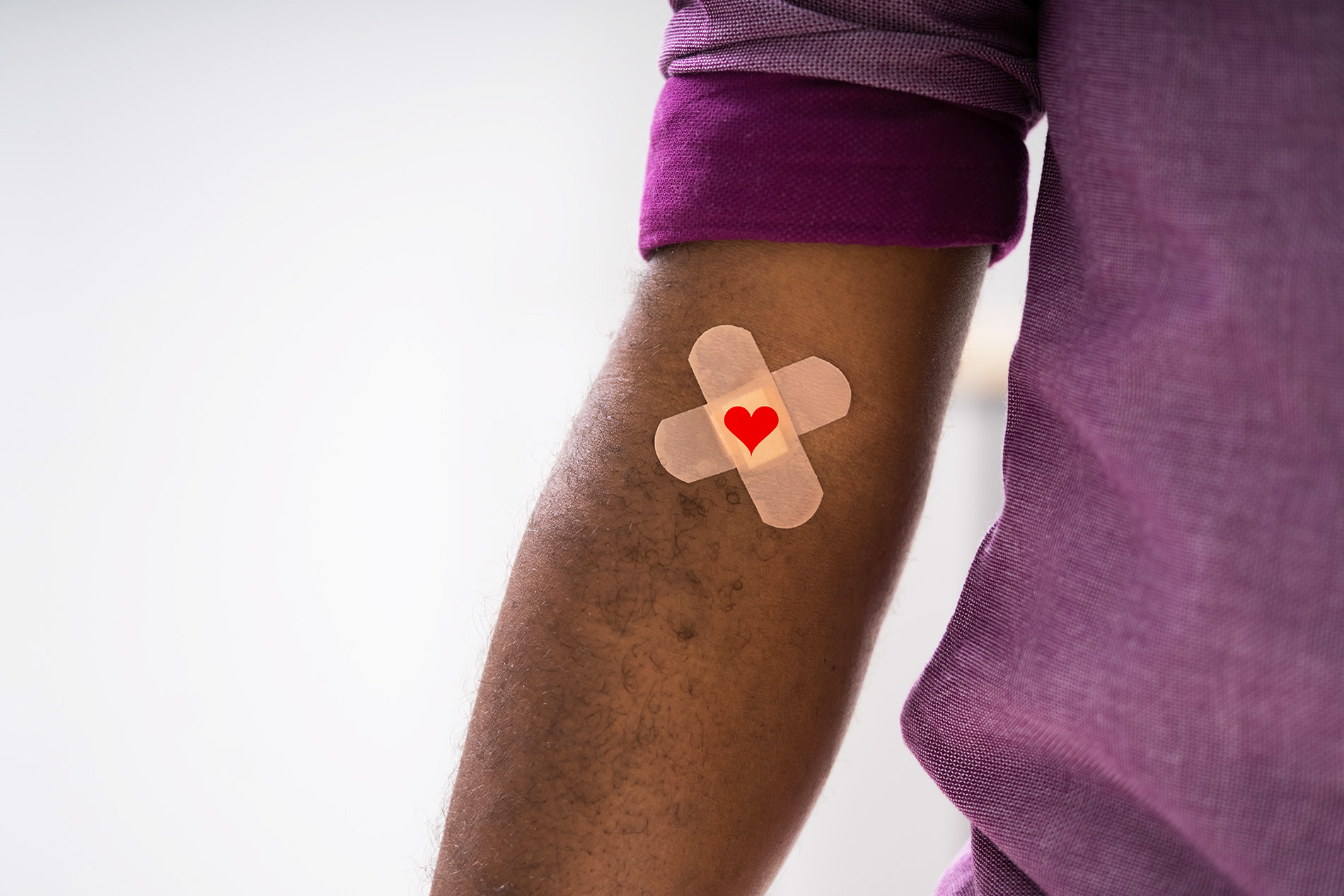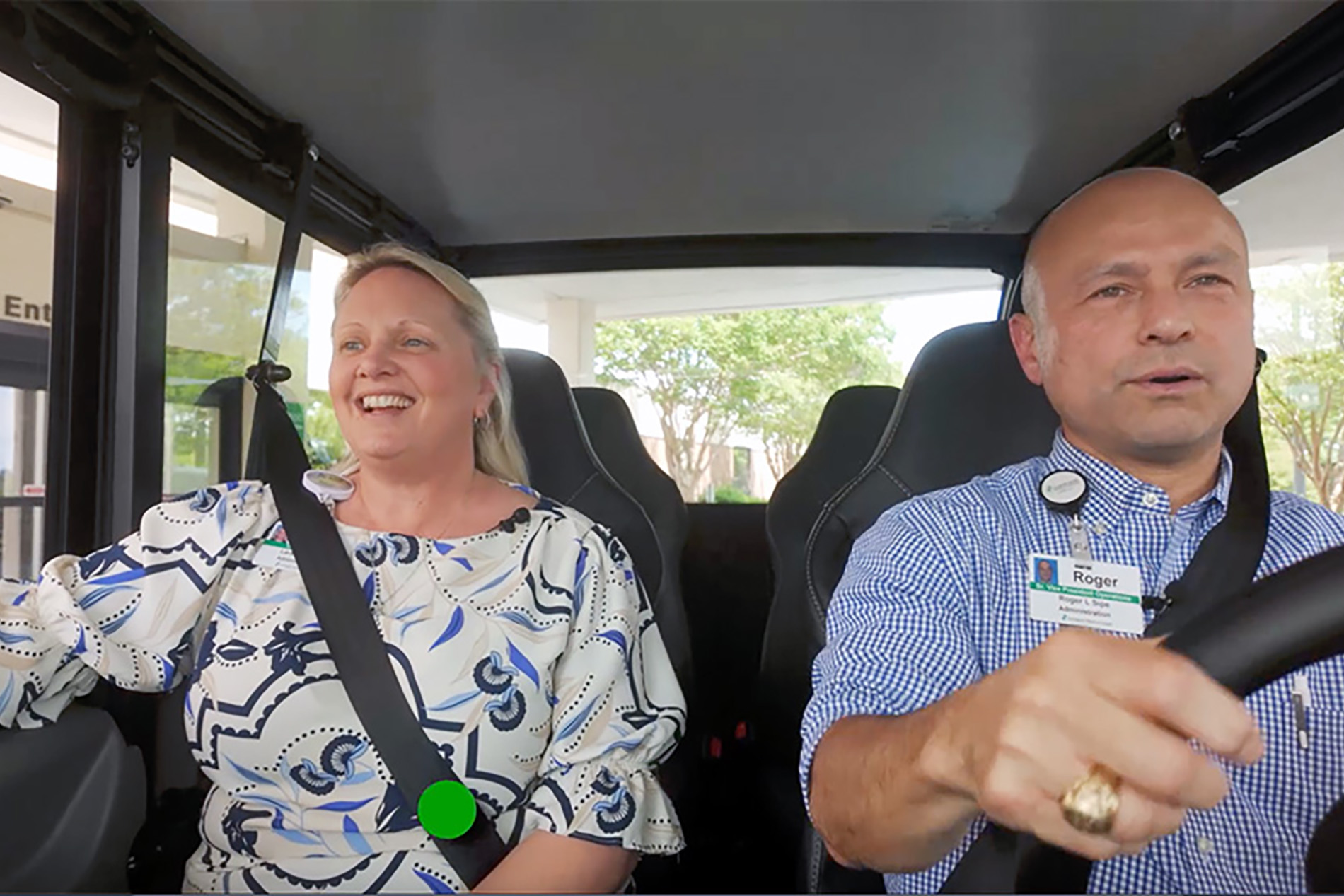Every summer, blood donations typically decrease by about 20%. This drop occurs precisely when the demand for blood often spikes due to increased outdoor activities and, unfortunately, a higher rate of accidents and traumas.
According to the American Red Cross, the number of people giving blood has dropped to its lowest level this century. The group reports that the number of donors has decreased by 40% over the last 20 years.
That means hospitals are dispensing blood products faster than they're coming in. This is a critical situation because every two seconds, someone in our country needs a blood product. Whether doctors are dealing with traumatic injuries sustained in a car crash, complications in childbirth or even chronic conditions such as cancer or severe anemia, when a patient needs blood – they need it immediately.
“Do I have worries or concerns about the blood supply? The answer is yes, " says Collin Tully, MD, an acute care surgeon and trauma director at Lexington Medical Center. "As a provider, I may need something that can save a patient's life, and it may be scarce or even unavailable," Dr. Tully said. "Of course, that's something I worry about.”
While most of us are aware of the need for blood following accidents and prolonged illnesses, Dr. Tully says that other types of medical procedures and treatments are also contributing to the demand.
"With the advent of newer medications, even the blood-thinning agents and things of that nature, the need for blood and blood products overall is increasing," he said.
"Blood and blood products are used in essentially every hospital every day - for every patient population," Dr. Tully explained. "From a pediatric patient to a geriatric patient, you will utilize in some way, shape, or form blood or blood products every single day. And to put it very plainly, that blood and those blood products do save lives.
“It's not just trauma, it's not just surgery," he continued. “It can go toward helping treat chronic conditions. Sometimes, people have anemia, or low blood or blood counts, from things like specific types of cancer or longstanding issues that require blood or blood products to help support the patient through that process.”
With such limited availability, Dr. Tully and his colleagues have had to closely monitor the blood supply situation.
“Every month, we have a trauma conference where we have not just the surgeons and people who work in trauma, but also the nursing staff and hospital leadership," he said. "Representatives from our blood bank are there, too, and we talk about the status of our blood supply. We utilize blood and blood products a lot in trauma and surgery, so that is something that our team members have to understand."
At these conferences, "we talk about how the blood supply nationally is lower than what it has been," Dr. Tully said.
The only solution? Convincing more people to roll up their sleeves and give.
"Our blood bank personnel say we have to encourage everyone to talk to friends and family and try to get them to donate," Dr. Tully said.
He also stressed the importance of "outreach and information" regarding the crisis.
"As hospitals and communities, we want to take care of each other," he said. "If we acknowledge the situation and get the information out there about the need - and the reasons why we're in this predicament - people will want to go and donate. If they understand that we can come together as a community to make sure we help the people who are in need, I think everybody will do it."
“I said at the beginning I'm concerned about the blood supply," he added. "But while I do have concerns about availability, what I don't worry about is the will of our community to come together and help each other."
If you, your family, your neighbors, your church group or your civic organization would like to donate blood, it is a straightforward process. You can make an appointment today by downloading the Red Cross Blood Donor App, visiting RedCrossBlood.org, calling 1-800-733-2767, or enabling the Blood Donor Skill on any Alexa Echo device.

Collin Tully, MD, Lexington Surgery






Leave a comment